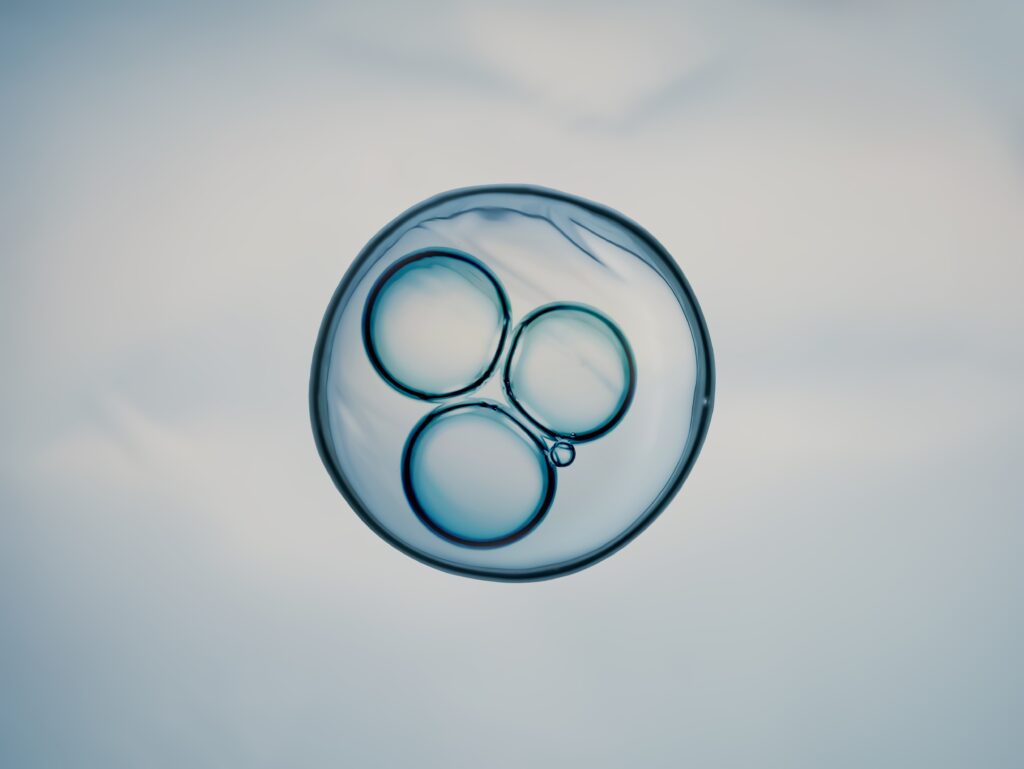Scientists in the US have successfully created human eggs from skin cells, a breakthrough that could one day transform fertility treatments for women unable to conceive and even open possibilities for same-sex male couples.
Led by Prof Shoukhrat Mitalipov at Oregon Health and Science University, the research used a cloning-inspired technique similar to that which produced Dolly the sheep in the 1990s. Skin cell nuclei were inserted into donor eggs with their own nuclei removed. After fertilisation, a chemical treatment triggered the eggs to shed extra chromosomes, leaving the correct 23 pairs to combine with sperm.
However, the process remains highly inefficient. Out of 82 eggs created, fewer than 10% developed into early embryos, most with incorrect chromosome numbers. None were cultured beyond six days.
“This is proof of concept,” said Mitalipov. “It could take a decade to refine and demonstrate safety, but it’s not impossible.”
Experts hailed the study as a significant step, though with major hurdles. Prof Richard Anderson of the University of Edinburgh called it a “major advance” for women who lose their eggs through illness or cancer treatment, while Prof Ying Cheong of the University of Southampton said it could “transform how we understand infertility and miscarriage.”
Scientists stressed that alongside scientific progress, strong public dialogue and regulation will be vital to ensure trust and ethical use of such reproductive technologies.


